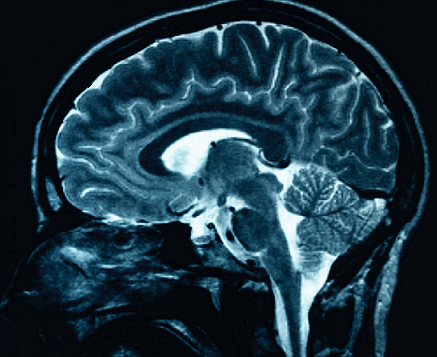 Human growth hormone is naturally produced in your body by the pituitary gland. As we age the production drops significantly, and this can lead to a number of symptoms reflective of the aging process. However, human growth supplements can improve your overall physical health and your mental health too. Depression is most common after the age of 30 and studies have shown that human growth hormone can improve depression. Treating depression with HGH can work.
Human growth hormone is naturally produced in your body by the pituitary gland. As we age the production drops significantly, and this can lead to a number of symptoms reflective of the aging process. However, human growth supplements can improve your overall physical health and your mental health too. Depression is most common after the age of 30 and studies have shown that human growth hormone can improve depression. Treating depression with HGH can work.
What is Depression?
It’s common to feel down now and then. But when those feelings of despair and emptiness don’t go away, it could be depression. It can be difficult to function with depression, and days can be overwhelming. It’s important that you understand depression. Symptoms that might be associated with depression.
- You either cannot sleep or you sleep too much
- You cannot concentrate – tasks that were easy are now difficult
- You feel helpless and hopeless
- You are unable to control your negative thoughts
- You have lost your appetite or you cannot stop eating
- You are consuming more alcohol than normal
- You are more agitated, short tempered, and/or aggressive than normal
- You have suicidal thoughts – seek help immediately!
Studies Show Human Growth Hormone Supplements Can Reduce Depression
There have been a number of studied conducted in the US, Sweden, England, and Denmark all of which have shown that human growth hormone supplements can reverse depression symptoms.
A report published in the December 1996 issue of the American Academy of Anti-Aging Medicine by Dr. L. Cass Terry showed that among those who took human growth hormone supplements, 67% had improved emotional stability and 80% had an improved attitude towards life in general. This was a large study that included 900 individuals, and more than 300 of these individuals were doctors.
In another recent study, Dr. Thierry Hertoghe administered human growth hormone supplements to another large body of participants. The study found that HGH supplements reduced anxiety and low by 70% and depression by 82% – that’s significant.
Another study, conducted in 1998, showed that human growth hormone supplementation significantly improved sleeping patterns in men who were depressed. During the study, men who were diagnosed with depression were found to secrete significantly less human growth hormone during the initial three hours of sleep than men who were not depressed. When depressed men were given HGH supplements in a second trial, their sleep patterns also dramatically improved and when they woke up they felt more rested.
How HGH Supplements Can Fight Depression by Interacting With the Brain
A 1996 study in Sweden found that the human growth hormone supplements interacts with the brain in a manner that is similar to how traditional antidepressants work, by increasing levels of the neurotransmitter B-endorphin, which produces enhanced feelings of well-being. Growth hormone supplements are also known to reduce levels of dopamine in the brain, and this leads to lower levels of irritability and agitation.
Still other studies have found that human growth hormone supplements can produce the following mental health benefits:
- Stress reduction
- Improved concentration
- Improved mental focus
- Improved self-confidence
- Improved self-esteem
The physical benefits of HGH supplements can fight depression more indirectly. As we age, it’s common to feel depressed because you can no longer do the physical activities you once could, such as sexual activity, sports, hobbies, etc. By supplementing with the human growth hormone, individuals are able to restore their youthful vitality and make themselves more physically capable of engaging in exercise activities, known to reduce depression and increase the overall feelings of well being.
You can naturally increase human growth hormone levels in your body by taking human growth hormone supplements such as Genf20 Plus, Sytropin, Genfx and GHR1000, which have been proven safe to use. If you have significantly low HGH levels, you should see your doctor.
Depression can be a serious medical condition, and this information is not meant to be provided as medical advice. It is offered as an educational resource for the reader











